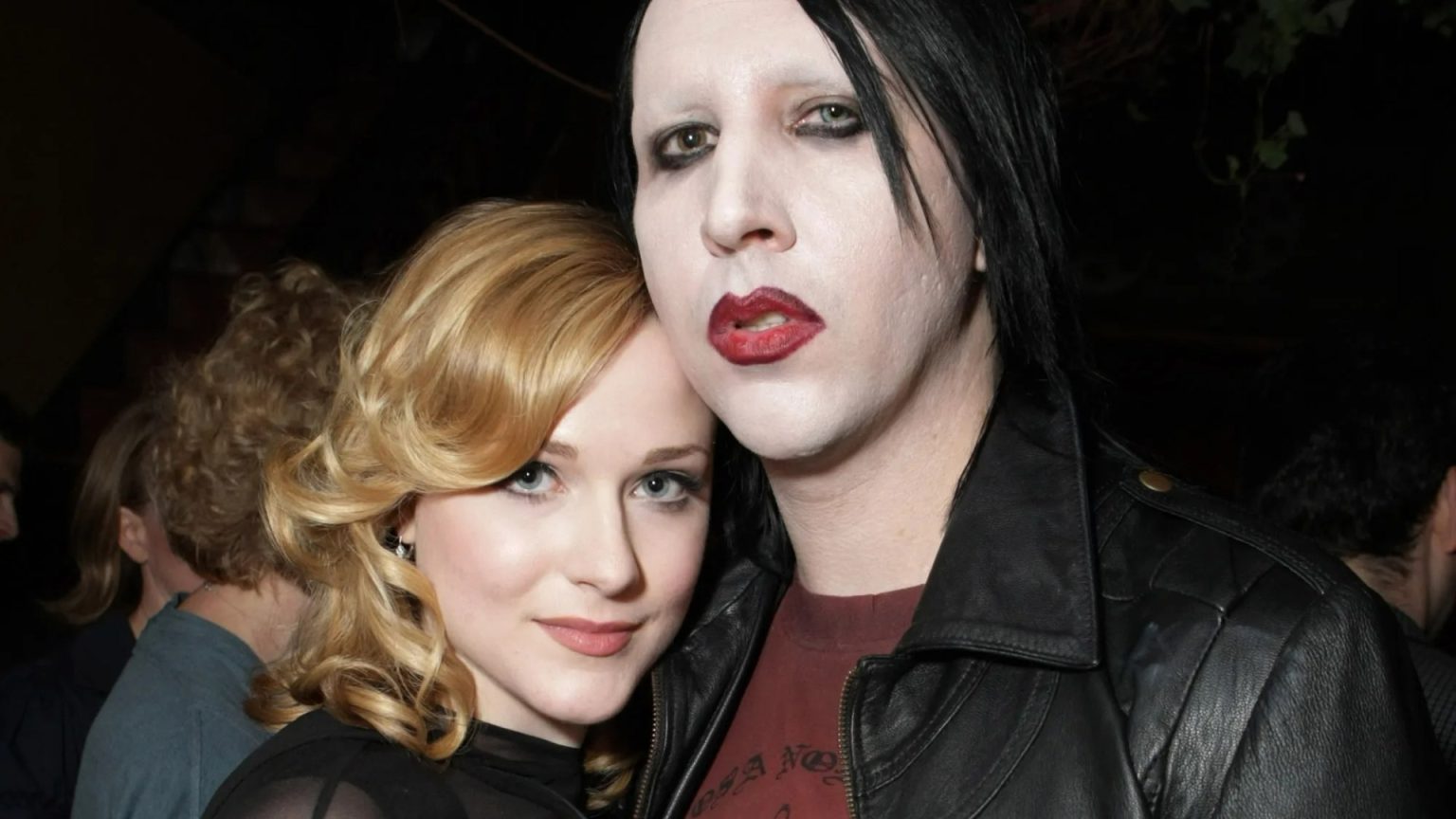Marilyn Manson, born Brian Warner, cultivated a persona of shock and controversy throughout his music career. He intentionally combined the names of Marilyn Monroe and Charles Manson to represent the duality he aimed to embody. His provocative stage antics, offensive language, and boasts about sexual fantasies, particularly involving underage girls, garnered him attention and fueled outrage from religious groups. While his teenage fans initially embraced his rebellious image, the inappropriateness of his actions and words became clearer over time. The media and authorities, however, often dismissed his behavior as part of his stage persona, failing to take his claims seriously.
Manson’s career was marked by both controversy and commercial success. He landed the cover of Rolling Stone magazine, benefiting from the media’s tendency to not take him seriously. The Columbine High School shooting in 1999, wrongly attributed to his music by some, brought him unwanted attention and negatively impacted his career, yet simultaneously increased his notoriety. Despite claiming he was not into rape, Manson’s words often suggested otherwise, describing scenarios of dominating and mentally breaking down women. This dichotomy between his public persona and private actions is a key theme in understanding the allegations against him.
In 2021, Evan Rachel Wood, a Hollywood actress and Manson’s former girlfriend, publicly accused him of abuse, alleging he had groomed and manipulated her since she was a teenager. She also detailed an incident during the filming of a music video for his song “Heart-Shaped Glasses,” where she claims he raped her. This triggered a wave of accusations from other women who shared similar stories of abuse, manipulation, and sexual assault. Bianca Allaine, a former fan, claimed Manson took her virginity on his tour bus when she was just 16. These allegations paint a disturbing picture of a man who used his fame and power to exploit and control young women.
While Manson consistently denied all allegations of sexual assault and abuse, claiming his relationships were consensual, the sheer number of accusations and the consistency of the stories raised serious questions. Following Wood’s public accusation, Manson was dropped by his record label, manager, and agent, and faced multiple lawsuits from his accusers. The allegations ranged from sexual assault and abuse to human trafficking and psychological manipulation. Esme Bianco, an actress known for her role in Game of Thrones, claimed Manson cut her with a knife and abused her, and she sued him, alleging he violated human trafficking laws. Their case was later settled out of court.
The documentary “Marilyn Manson Unmasked” explores the allegations against him and the controversy surrounding his downfall. It features interviews with several of his accusers, including Wood and Allaine, who detail their experiences with Manson. The documentary also examines the cultural context in which Manson rose to fame and the role the media played in shaping his image. It questions whether the media’s focus on his shock value inadvertently enabled his alleged abusive behavior by dismissing it as part of his act.
The fallout from the allegations has been significant for Manson. While he has not faced criminal charges, his reputation has been severely damaged, and his career has effectively stalled. He dropped a defamation lawsuit against Wood and agreed to pay her legal fees. The case highlights the complex nature of such allegations and the challenges survivors face in coming forward. While Manson maintains his innocence, the accounts of multiple women paint a troubling picture of a pattern of alleged abuse spanning decades, raising questions about the line between artistic expression and harmful behavior.











